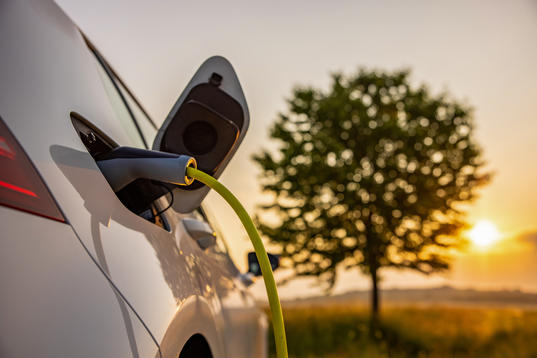The US Environmental Protection Agency (EPA) finalized stronger federal clean car standards to reduce tailpipe emissions today. These new rules strengthened standards from the prior rollback to ensure we are protecting families from harmful vehicle pollution, saving drivers money at the pump, creating jobs, and driving climate action. According to EPA’s own analysis, the transportation sector accounts for 29% of greenhouse gas emissions—more than any other sector in the US. Projected to prevent 7.2 billion tons of greenhouse gas pollution from being emitted into the atmosphere by 2055, this is the largest gross reduction of emissions by any one rule in U.S. history.
Climate Group’s Executive Director for North America Angela Barranco said:
“Climate Group congratulates the EPA for finalizing groundbreaking cleaner car standards, representing not just a significant policy shift but an American transportation revolution. Cleaner cars lower costs for consumers, improve air quality, and fight the climate crisis. This new, stronger clean cars rule follows years of tenacious advocacy from EV100 members and electrification leaders across our business networks for reducing tailpipe emissions for light-duty vehicles. These new standards are a critical step forward to expand vehicle electrification and cut over seven billion tons of air pollution across the transport sector. Let’s continue to accelerate the momentum and work together as we move toward a zero-emission future.”
EV100 is a global initiative bringing together forward-looking companies who have committed to electrifying their light-duty vehicle fleets by 2030. Our EV100 member companies played a key part in pushing these new rules through to the finish line and continue to provide a voice from the business sector to expand vehicle electrification, reduce harmful tailpipe emissions and improve public health. These rules are a step in the right direction for our members to meet their climate goals and create actionable, tangible solutions for cleaner cars – but more can be done. Amid potential political and legal headwinds, we must hold ourselves accountable to stick to these commitments and continue to call for the strongest possible clean car standards.
